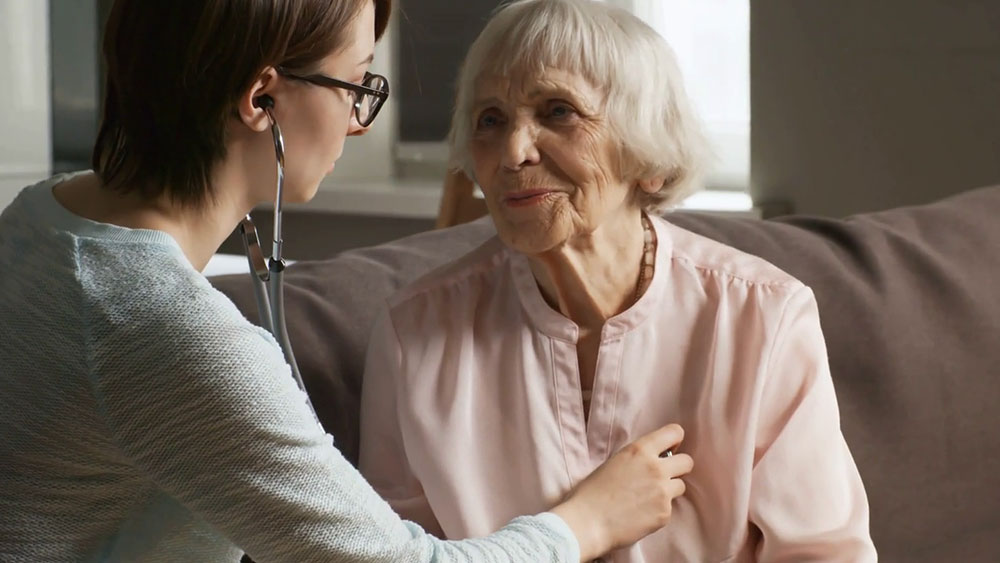Table of contents
Nursing at home. People who need help with some or all of their day-to-day tasks have two types of professionals available to provide the care they need. Home nurses and caregivers.
There are frequent doubts about what the service of a home nurse consists of and how they differ from that of the caregivers. This is why in these lines we talk about it.
Nursing at home: What are home nurses?
Home care nurses are professionals trained to provide individual and thorough care to people with more complex care and clinical needs than the average.
Home nurses: their work
The spectrum of care that home nurses provide covers all types. From the most basic to the most specialized and complicated.
Some of the tasks that the home nurse knows how to diligently carry out are the following:
Giving injections. Sometimes medication has to be given as an injection. There are four types of injections: intravenous, intramuscular, subcutaneous and intradermal. Under no circumstances can we give our family member one of these four forms of injection without being aware of it, since the consequences of its incorrect application can be serious. Thanks to their knowledge, the home nurses take care of it in an adequate and safe way.
Wound healing
Older people are more likely to suffer from superficial injuries to their bodies. In fact, it is common to observe in our family members wounds whose cause we do not know. This happens because as the years go by, skin becomes more fragile and sensitive. due, in general, to the condition of older adults and, in particular, to the specific chronic diseases they may suffer from. The nurses at home carry out the cure of these cutaneous wounds, being able to take care, even, of the wounds whose cure is more complicated, as it is the case of the ulcers.
Feeding and gastric tube. When our family member is unable to swallow, the doctor may consider placing a feeding tube. Home nurses are trained to maintain its adequate use and daily revision. As well as to take care of any of the many complications that this procedure usually harbors.
Invasive techniques such as venipuncture. This is the extraction of blood from the vein, which normally has to be performed by health personnel, as is the case with the nurses we are talking about here. Thanks to their training, the nurse can collect blood samples for an analysis from our family member without them having to travel to a medical center.
Specialized bandages. The home nurses have the knowledge to correctly bandage a limb that has suffered a slight injury or an area of the body where ulcers have occurred. Thanks to this, our family member will see, in the first example, his movement limited and protected. In the second, the return of the venous circulation favored, thus developing a faster and more satisfactory recovery.
Respiratory therapy
Those patients with respiratory pathology can perform, with the help of professionals such as home nurses, exercises to obtain a considerable pulmonary recovery. If more specialized care is needed, the physical therapist can also be a helpful figure.
Complex rehabilitation exercises and assessment of your progress. As above, both the physical therapist and the home nurse can assist in performing physical rehabilitation exercises. The physiotherapist will be the ideal professional to decide and define which specific exercises are the most effective and beneficial for our older adults and the nurse will be in charge of their compliance and follow-up.
Caregivers and home nurses, differences
The main difference is in the tasks they usually perform. Home care nurses range from basic invasive care, to hygiene care, to complex care. Caregivers provide less specialized health care than nurses, but just as vital and critical to the well-being of our dependent family member as they do.
That is, the caregiver cares for and attends to our family member in each and every basic day-to-day task. The home nurse provides more medical than custodial care.
Beyond the more specialized medical techniques, the caregivers have, thanks to their extensive experience, the knowledge to perform many of the same tasks that home nurses do, such as wound care or detailed monitoring of prescribed medical treatments.
Along with health specialization, the other difference between the two professionals is price. The cost of the home nurse is considerably higher than that of the caregiver. Depending on the hours required, the service will be more economical, but nevertheless, always more expensive than that provided by a caregiver.
In order to cover all the assistance and medical needs that our family member presents, in a not insignificant number of occasions, the families decide to contract both services. The caregiver is in charge of providing all the daily care and the home nurse comes one or several hours a week. In this way, the caregiver and the nurse complement each other perfectly, since both set the same objective. To increase the well-being and quality of life of the person they are caring for with professionalism and love.
For more on the differences between nurses and caregivers please visit this site.
Nursing at home vs. caregiver, which is the best option?
We know that when the time comes to require the care of an external person, it may seem complicated which professional to choose. We want our family member to receive the best care, but what care? The answer to both this question and the previous one is simple: it depends.
Nursing at home: three sources of data:
Analyzing the needs that our older adults presents in his day to day. We must keep in mind that the tasks that the caregiver can perform are most of those performed by the home nurse. The first thing we need to know is if our older adults person’s needs are more medical than healthcare or if they can be met by a professional caregiver.
Discuss this with the person who needs to receive the care. The decision we make has our family member as the main character. So before making it, we must talk with them to know what kind of care they want and need.
Consult with professionals. One of the most valued tasks that we carry out in Nomenial is the relationship of trust that is created with the families that require our home care services. Due to our experience, we know all the doubts and concerns that arise at these times. We strive to be the ones who provide the peace of mind and security that families are looking for.







